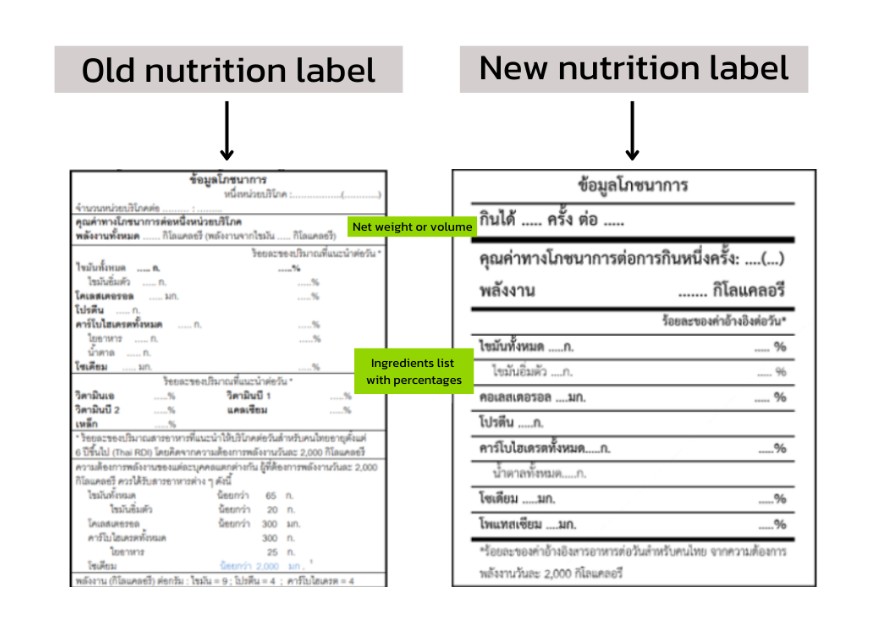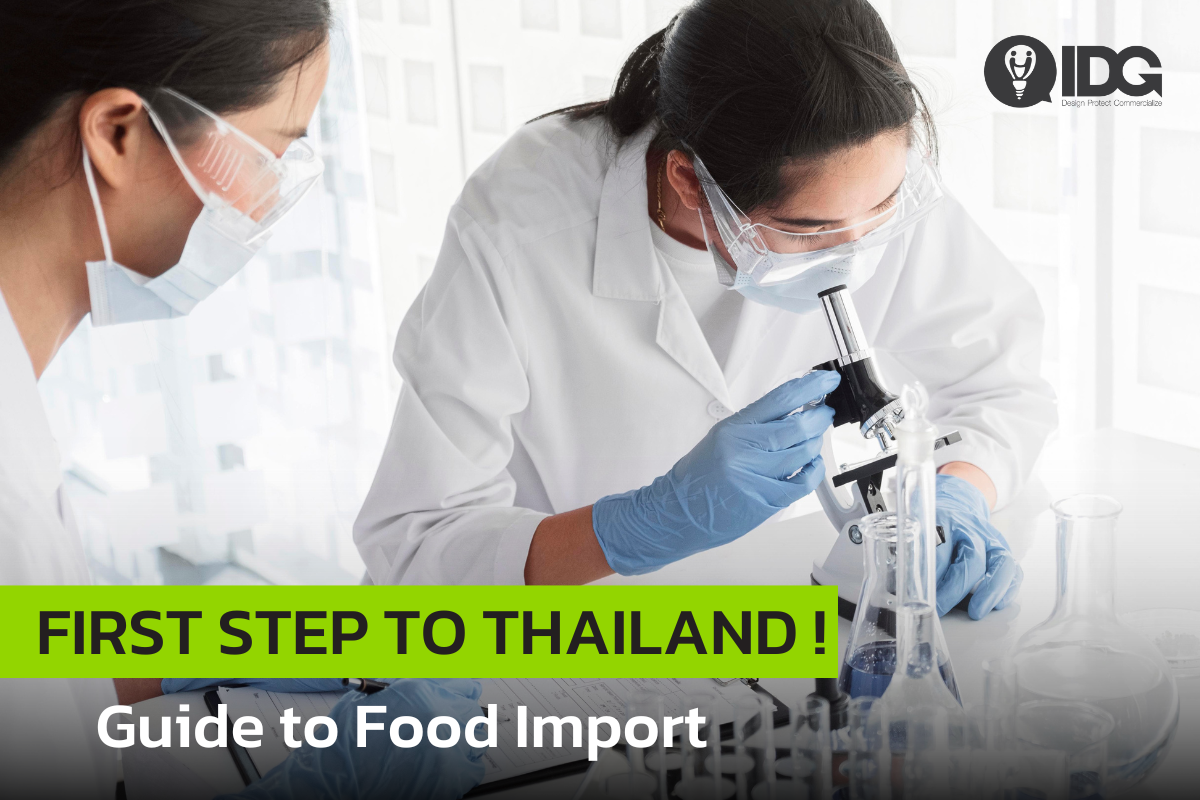How to import FOOD to Thailand, step by step.
Thailand boasts a dynamic and diverse food market, making it an attractive destination for food imports. The country’s culinary landscape is rich, and consumers have a growing appetite for international flavors. Importing food to Thailand opens doors to a vast consumer base eager to explore global cuisines. Additionally, the Thai government actively encourages foreign trade, offering a supportive environment for businesses looking to enter the market.
Now, let’s dive into the essential aspects of Thai FDA regulations for food imports.
1. License requirements
Before you can bring your delicious offerings into Thailand, you need to secure a Food Import License from the Thai FDA. This license is your gory. The application process involves providing detailed information about your products, their ingredients, and intended use.

2. Labeling standard
Thailand’s three latest notifications related to the nutrition labeling of prepackaged food will take effect on July 2, 2024. Stakeholders are given a grace period of three years to align with the new requirements. granting you the legal right to import and distribute food products in the count
For imported foods, a Thai label must be applied where needed prior to entry and be affixed to every single item of the food product prior to marketing and include essential information.
– Product name and description
– Ingredients list with percentages
– Net weight or volume
– Allergen information
– Shelf life and expiration date
– Manufacturer’s details
– Nutrition information
3. Quality control Measures
Maintaining high-quality standards is non-negotiable when importing food into Thailand. Adhering to Good Manufacturing Practices (GMP), Food Safety System Certification 22000 and implementing Hazard Analysis and Critical Control Points (HACCP) principles are essential. These measures not only meet Thai FDA requirements but also contribute to the overall safety and quality of your products.
4. Recent Updates and Changes
The regulatory landscape can evolve, impacting the rules and requirements for importing food into Thailand. Stay informed about any recent updates or changes by regularly checking the official Thai FDA website and engaging with local industry associations. Being aware of these changes allows you to adapt your processes, accordingly, ensuring ongoing compliance.
Conclusion
Importing food products into Thailand requires a thorough understanding of the regulatory framework set by the Thai FDA. By navigating the licensing process, adhering to labeling standards, implementing robust quality control measures, and staying informed about recent updates, businesses can position themselves for success in the vibrant Thai food market.
REFERENCE : Food Importation

